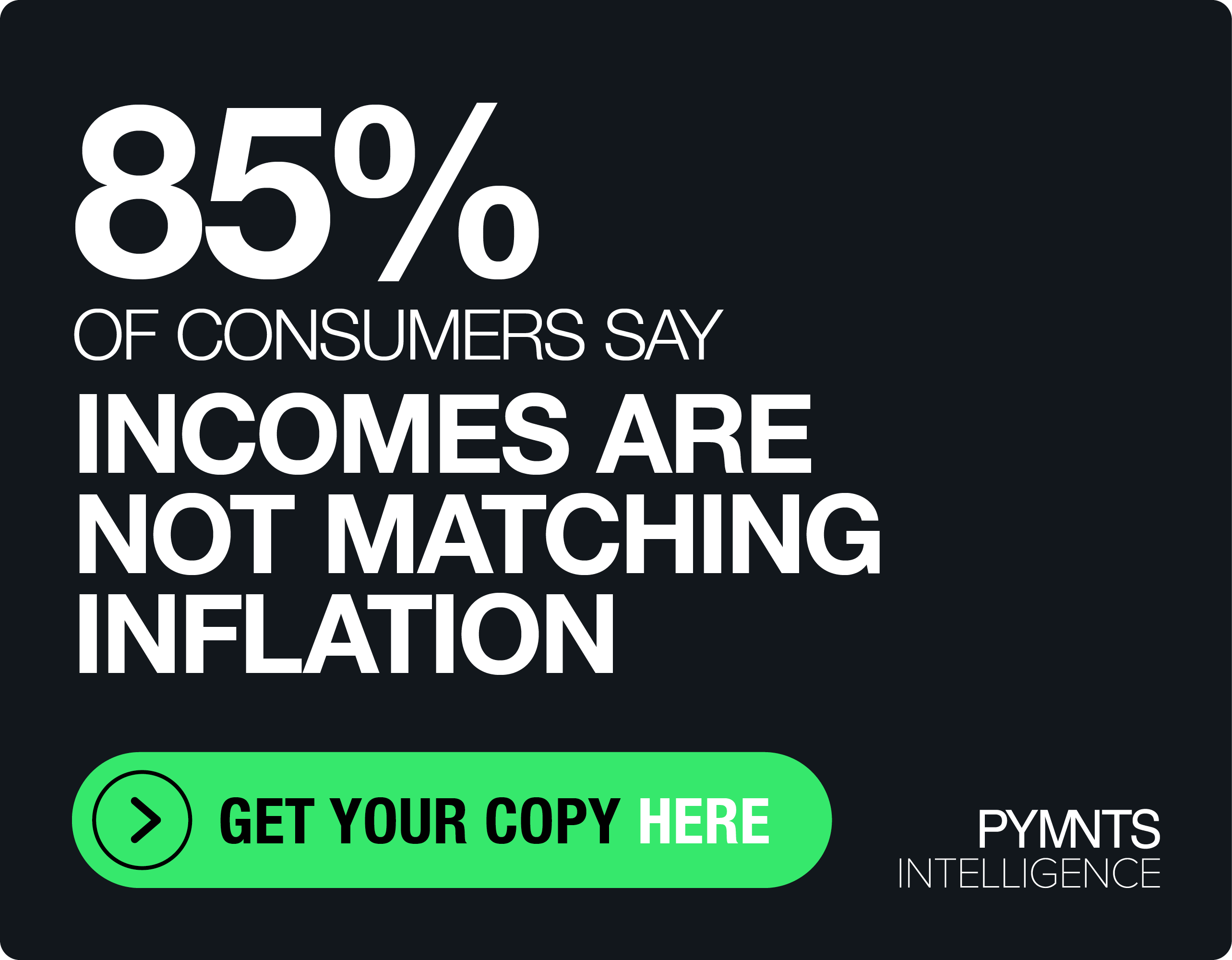RecargaPay on How Pix Propelled Brazil Into the Global Digital Payments Spotlight

When Brazil’s central bank launched Pix last year, the country was thrust into the global payments spotlight. In this month’s “Digitizing Payments In Latin America Playbook,” PYMNTS talked with RecargaPay’s Rodrigo Teijeiro about how this instant payments option shifted a mixed cash and credit card economy to one centered around digital payments.
Latin America is quickly adapting to the global rise of digital payments. Nowhere is this more apparent than in Brazil, whose government launched an instant payment system called Pix last year. This rise to digital payments prominence was hard fought, however. It took a tremendous effort to transition the country from a mixed payments economy to a digital-first one, but this effort has paid off, according to Rodrigo Teijeiro, founder and CEO of Brazilian FinTech RecargaPay.
“Brazil is way ahead,” Teijeiro said in a recent interview with PYMNTS. “Before, cash was king, and thanks to credit cards, cash went digital. Only Pix allowed cash to go mobile completely. The friction of upgrading to a mobile wallet is incredibly low thanks to Pix, so that has just really [exaggerated] the difference between Brazil and the rest of the countries in Latin America.”
Teijeiro explained to PYMNTS how Pix has revolutionized digital payments in Brazil and the challenges that it still faces despite its meteoric rise.
Positive Developments
Pix is the centerpiece of Brazil’s digital payments ecosystem, asserting its dominance just a year after its introduction. The system changed the way payments are conducted in the country, shifting a mixed cash and credit card economy to one centered around digital payments.
“What’s fascinating about Brazil was that it was a pretty unique country compared to China or the U.S., [because] it fit in the middle where you have a significant amount of people that have credit cards, but another portion that were just unbanked and using cash,” Teijeiro said. “What has happened in Brazil recently has been just an explosion of innovation and disruption of the credit card stack, thanks to the development of Pix.”
This success did not come easy, however, and Brazil worked hard to ensure that Pix’s rollout and implementation was as smooth as possible. Central to this effort was studying other instant payment systems worldwide to learn by example.
“The Central Bank of Brazil did their homework: Not only did they travel to other countries, but they really investigated what was working and what was not,” he said. “And they came up with something with lessons learned and best practices from around the world. They made their own solution in Brazil for other countries to use as an example of what successful implementation would look like.”
This does not mean the system is flawless, however. Like all digital payment systems, Brazil faces a dizzying variety of fraud challenges.
Fraud Challenges
Fraud is a persistent threat in any digital payments ecosystem, and Brazil is no different. Every digital transaction represents a potential entry point for bad actors to steal funds or data, to say nothing of social engineering attempts that exploit individuals’ trust.
“Fraud is still in the centerpiece of the most complex part of payments,” said Teijeiro. “There’s just an enormous industry, especially in Brazil, one that is very sophisticated. It has cost billions of dollars every year in Brazil, and it is probably the most challenging part of this industry today.”
Fraudsters leverage countless strategies to swindle data and funds. Some leverage credit card theft, others steal or duplicate victims’ identities and some even wage fraud under their own names by exploiting chargeback policies.
“There’s fraud of people stealing credit cards, and then creating accounts and trying to buy things with the stolen credit cards — but most of the time, you can just use it for a couple of days until the owner realizes somebody has stolen the credit card,” Teijeiro explained. “And then there are types of identity theft, where fraudsters have all the data of an individual, and it’s very hard, even for somebody that has had dealings with this, to detect that that is a fraudster.
“And then there is what is called friendly fraud, which is actually people buying things online, and then they say they didn’t do it. And since the merchant is liable, he gets the chargeback, and the fraudster gets his money back. And there is really nothing the merchant can do about it.”
Reducing this fraud will be critical if Brazil wishes to continue its upward trend in digital payment advancements. Once that is addressed, there is nowhere to go but up.

